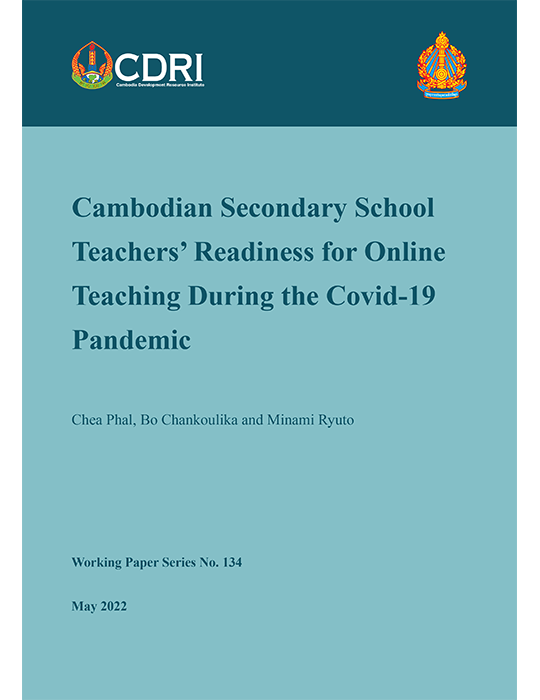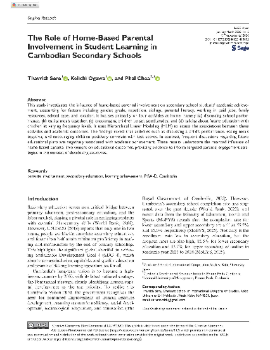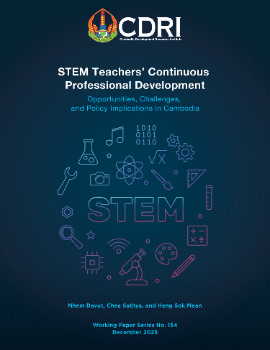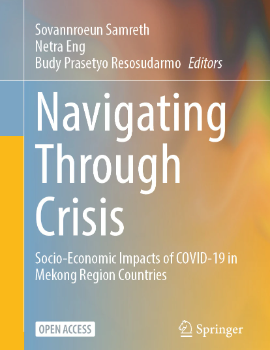
Cambodian Secondary School Teachers’ Readiness for Online Teaching During the Covid-19 Pandemic
Keyword: Technological readiness, TPACK, secondary school teachers, Covid-19, Cambodia
Abstract/Summary
This study investigates Cambodian secondary school teachers’ readiness for online teaching during the COVID-19 pandemic and identifies factors influencing their technological preparedness. Drawing on survey data from 687 teachers across 43 schools in 10 provinces, the study applies descriptive statistics and regression analysis using the Technological Pedagogical Content Knowledge (TPACK) framework. Findings reveal that while most teachers experienced online teaching during school closures, many returned to traditional classrooms once schools reopened. Online teaching was primarily conducted via smartphones, with limited use of school-provided ICT resources. Teachers reported high pedagogical and content knowledge but low technological proficiency. Male teachers, younger educators, and those with private school experience or higher student interaction demonstrated greater readiness. Surprisingly, teachers at resource schools were less prepared than those at general schools. Pre-service and in-service training had minimal impact on readiness. The study recommends revising teacher training curricula to include more edtech components, sustaining blended learning post-pandemic, and investigating the underutilization of school resources. These insights aim to inform policy strategies for building a more resilient and inclusive education system in Cambodia.



